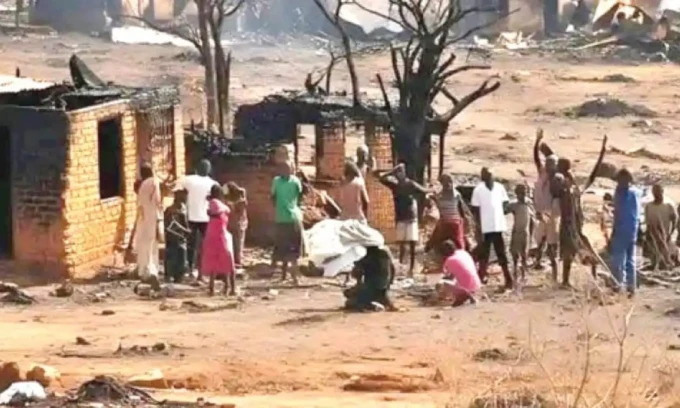The World Health Organization (WHO) has reported a severe shortage of essential medical supplies in Gaza amid a troubling rise in Guillain-Barré Syndrome (GBS) cases, which has now reached 94 cases since June, resulting in 10 deaths, including four children. The surge is attributed to deteriorating water, sanitation, and hygiene conditions linked to ongoing conflicts and humanitarian crises. Treatment options are critically limited, with vital supplies like intravenous immune globulin (IVIG) out of stock, leading to patient deaths from lack of treatment.
Compounding the issue, Gaza faces a looming famine, with nearly a quarter of its population at risk due to insufficient food supplies. Over the past month, 138 malnutrition-related deaths have been reported, predominantly affecting children, with one in six children under five suffering from acute malnutrition. Medical facilities are overwhelmed, dealing not only with wounds from conflict but also with severe hunger and nutrient deficiencies. Despite some lifting of restrictions in July, aid delivery remains inadequate, hampered by looting and chaotic distributions.
The healthcare system is near collapse, with only 17 of Gaza’s 36 hospitals partially operational. Al-Shifa Hospital is at 200% capacity, while other facilities are either inaccessible or functioning minimally due to fuel shortages. The WHO stresses the urgent need for a coordinated humanitarian response and unimpeded access to aid. They advocate for the protection of healthcare facilities and an immediate ceasefire to prevent further deterioration of conditions in Gaza, warning that without significant intervention, thousands more children are at risk of starvation and preventable deaths.












Leave a comment